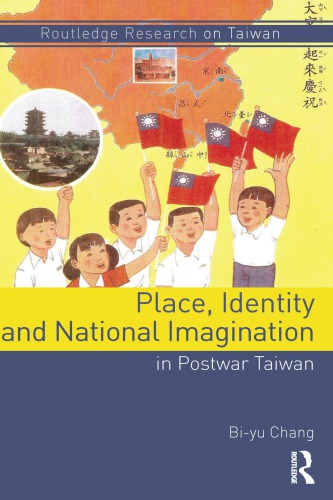

Most ebook files are in PDF format, so you can easily read them using various software such as Foxit Reader or directly on the Google Chrome browser.
Some ebook files are released by publishers in other formats such as .awz, .mobi, .epub, .fb2, etc. You may need to install specific software to read these formats on mobile/PC, such as Calibre.
Please read the tutorial at this link: https://ebookbell.com/faq
We offer FREE conversion to the popular formats you request; however, this may take some time. Therefore, right after payment, please email us, and we will try to provide the service as quickly as possible.
For some exceptional file formats or broken links (if any), please refrain from opening any disputes. Instead, email us first, and we will try to assist within a maximum of 6 hours.
EbookBell Team

5.0
70 reviewsIn the struggles for political and cultural hegemony that Taiwan has witnessed since the 1980s, the focal point in contesting narratives and the key battlefield in the political debates are primarily spatial and place-based. The major fault line appears to be a split between an imposed identity emphasizing cultural origin (China) and an emphasis on the recovery of place identity of ‘the local’ (Taiwan).
Place, Identity and National Imagination in Postwar Taiwan explores the ever-present issue of identity in Taiwan from a spatial perspective, and focuses on the importance of, and the relationship between, state spatiality and identity formation. Taking postwar Taiwan as a case study, the book examines the ways in which the Kuomintang regime naturalized its political control, territorialized the island and created a nationalist geography. In so doing, it examines how, why and to what extent power is exercised through the place-making process and considers the relationship between official versions of ‘ROC geography’ and the islanders’ shifting perceptions of the ‘nation’. In turn, by addressing the relationship between the state and the imagined community, Bi-yu Chang establishes a dialogue between place and cultural identity to analyse the constant changing and shaping of Chinese and Taiwanese identity.
With a diverse selection of case studies including cartographical development, geography education, territorial declaration and urban planning, this interdisciplinary book will have a broad appeal across Taiwan studies, geography, cultural studies, history and politics.